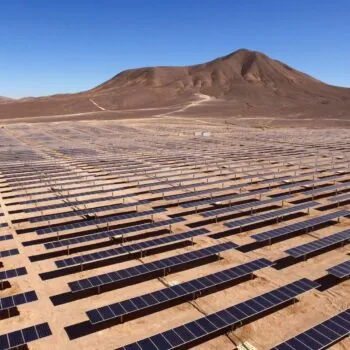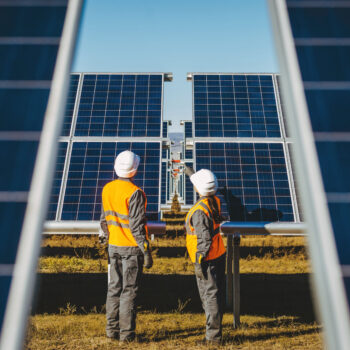Between 22-25 May 2014, EU citizens will vote in the European Parliament elections. As well as electing 751 MEPs to the European Parliament, the elections will influence the make-up of the EU executive. This briefing examines the likely outcomes of the elections and the impact on EU responses to climate and energy issues, to identify key narratives and upcoming interventions for civil society groups.
- Next European Parliament unlikely to be strongly anti-climate. Ideological divisions and poor voting records mean more Eurosceptic MEPs are not a huge threat to strong majority support for progressive climate and energy agenda
- Greater risk is climate sceptics in EU executive. Role for civil society to engage with national governments and new MEPs to mainstream climate as priority for high-level appointments – and avoid a Commission President who is hostile to climate action
Key issues at play:
- Relevance of EU to European citizens and role of the EU in the world today.
- Voter disillusionment and lack of trust in political elites (especially among young people).
- Democratic deficit of EU institutions and corporate influence, with heightened risk of inadequate representation of EU politics and citizens due to low voter turnout.
- Rise of extreme-right populist groups across EU.
- Direction and vision for EU for next 5 years – including influencing progressive climate and energy agenda in Brussels through 2030 climate and energy package, 2015 global climate deal and Transatlantic Trade and Investment Partnership (TTIP).
- Longer-term implications for the future of the European project.
- The make-up of the next Commission is particularly important for the UK in the context of David Cameron’s strategy for EU reform and renegotiating UK membership.
The full briefing paper is attached.


